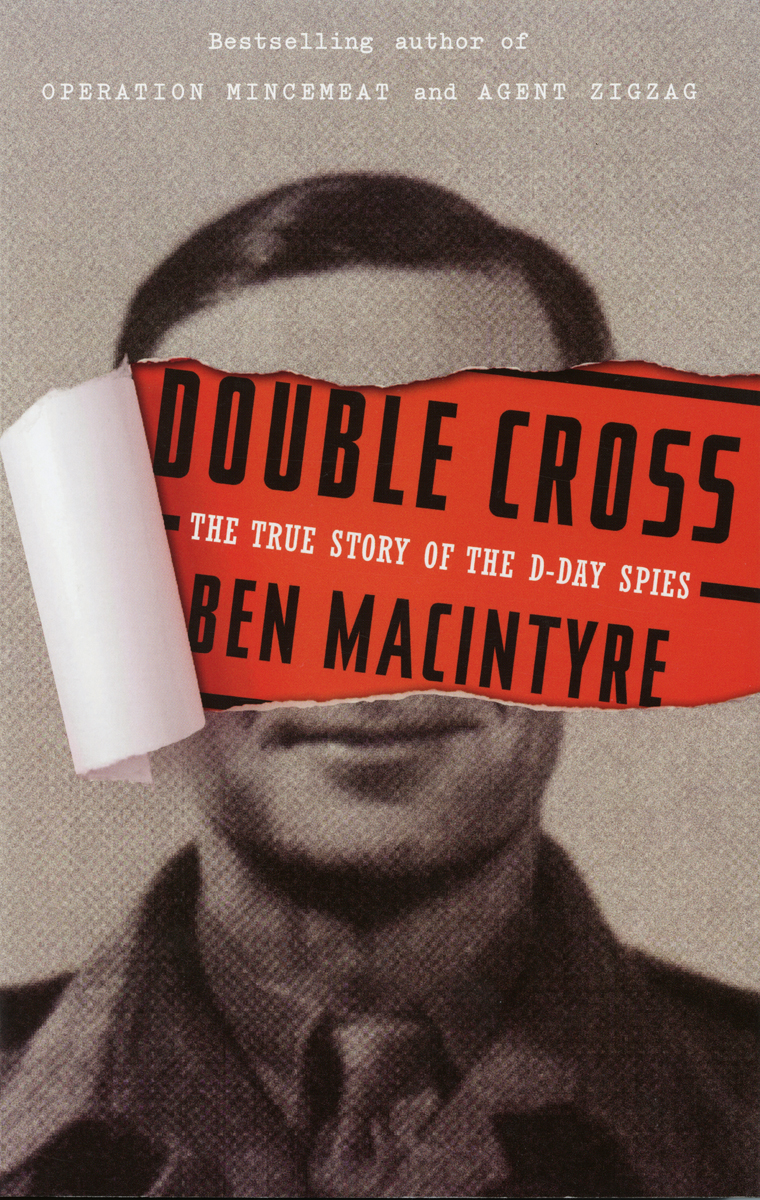
Double Cross
The True Story of the D-Day Spies
By Ben Macintyre. 416 pp. Crown, 2012. $26.
Reviewed by Gavin Mortimer
HITLER KNEW THE INVASION OF FRANCE was coming, and he knew where—the Pas de Calais region of France, with its deep-water ports and landing beaches that could be easily resupplied from England. “It is here that the enemy must and will attack,” he predicted in 1943.
Hitler was wrong, and the Allies knew it, thanks to their intercepts of German communiqués. But their task in the 12 months preceding D-Day in June 1944 was to ensure the führer didn’t guess the truth: that they would land on the long sandy beaches of Normandy, 200 miles southwest of Calais.
How the Allies promoted the fiction of a Calais landing is the subject of Ben Macintyre’s new book, Double Cross: The True Story of the D-Day Spies—specifically, how they turned five German spies into double agents who fed fabricated intelligence back to the fatherland. A group from Britain’s MI5 called the Twenty Committee ran the operation and dubbed it Double Cross—a play on its own name, as XX is the Roman numeral for 20.
Macintyre—a correspondent for the Times of London and author of Operation Mincemeat and Agent Zigzag—is an expert on World War II espionage, with an eye for colorful characters. The D-Day agents, he writes, made up “one of the oddest military units ever assembled…a bisexual Peruvian playgirl, a tiny Polish fighter pilot, a mercurial French woman, a Serbian seducer, and a deeply eccentric Spaniard with a diploma in chicken farming.” Macintyre does a fine job depicting this extraordinary cast and exposing the ambiguous world of espionage. The Serbian, Dusko Popov, was a rascal when it came to women and money. Yet he was also loyal, resolute, and wondrously brave. Such strange psychology is at the heart of the compelling narrative of Double Cross.
Though each of the British-based agents was given a fanciful code name—Brutus, Garbo, Bronx, Treasure, and Tricycle—their mission was deadly serious and they undertook it with great skill and courage. Through “subtle hints and nudges,” they convinced the Germans the invasion was intended for the Pas de Calais. In wireless messages, one agent suggested to his German handlers that Dover harbor, the nearest English port to Calais, was being overhauled for D-Day. Another spy reported that roads leading to the coast were being widened.
So artful was the subterfuge that the Germans awarded Garbo—32-year-old Spaniard Juan Pujol, subject of the new book Agent Garbo, by Stephan Talty—the Iron Cross for his spy work. The Allies still suffered heavily on the first day of the landings (2,500 men killed), but losses would have been much worse if Hitler had not been fooled.
An intriguing subplot outlines the varying philosophies of the respective Allied intelligence services. The British approached spying as if it were a cricket match—“a game of honor interwoven with trickery, played with ruthless good manners,” Macintyre writes. Then there were the Germans, naive, gullible, and at times breathtakingly incompetent. In a book full of startling revelations, surely the most fantastic is the fact that by June 1943, MI5 had turned every German agent in Britain.
When the war ended, the team of D-Day spies and their handlers disbanded and disappeared. They deserve to be brought back to life, and in Macintyre they have a biographer who has done them proud.
Journalist and historian Gavin Mortimer is an award-winning writer. His latest book is The Daring Dozen: 12 Special Forces Legends of World War II.





